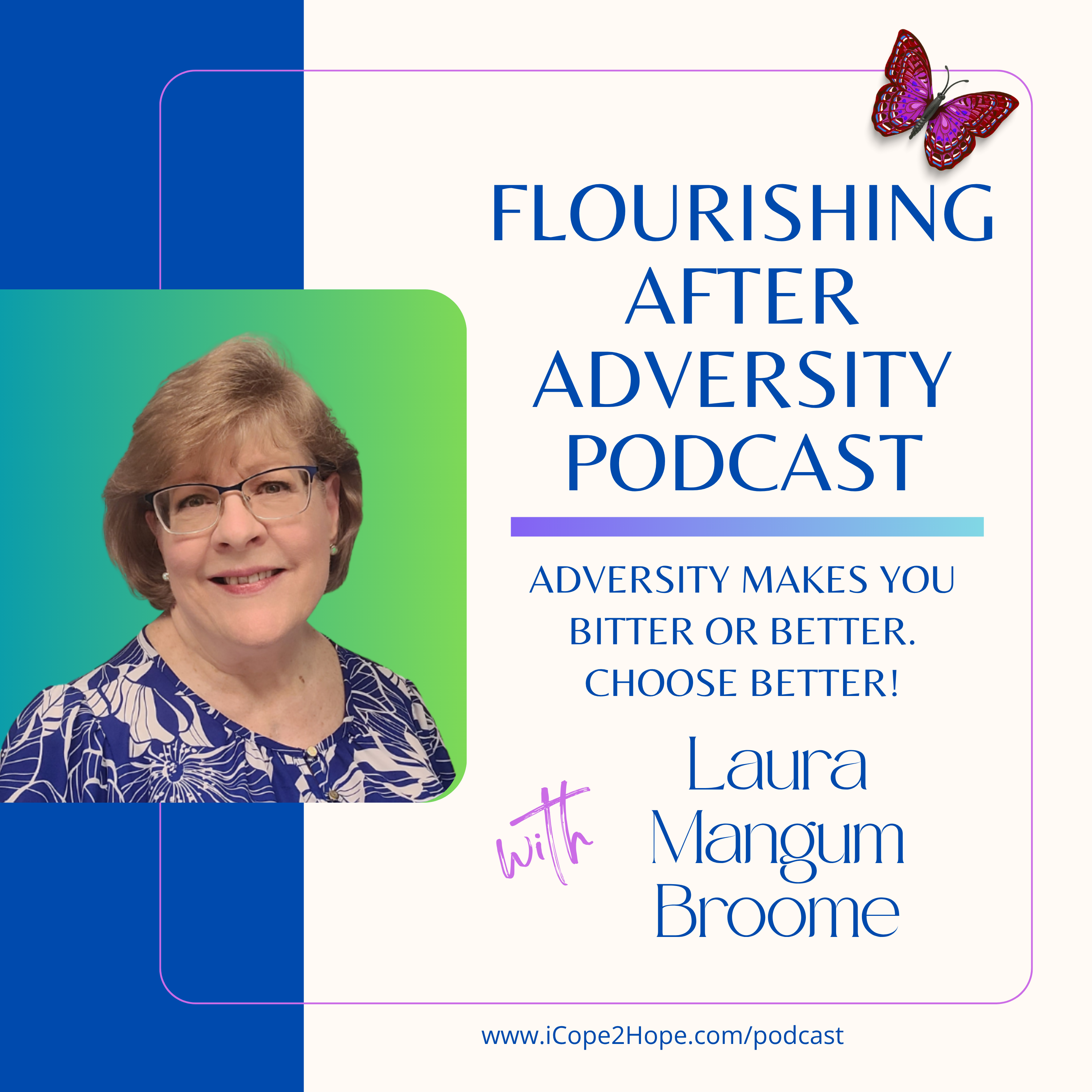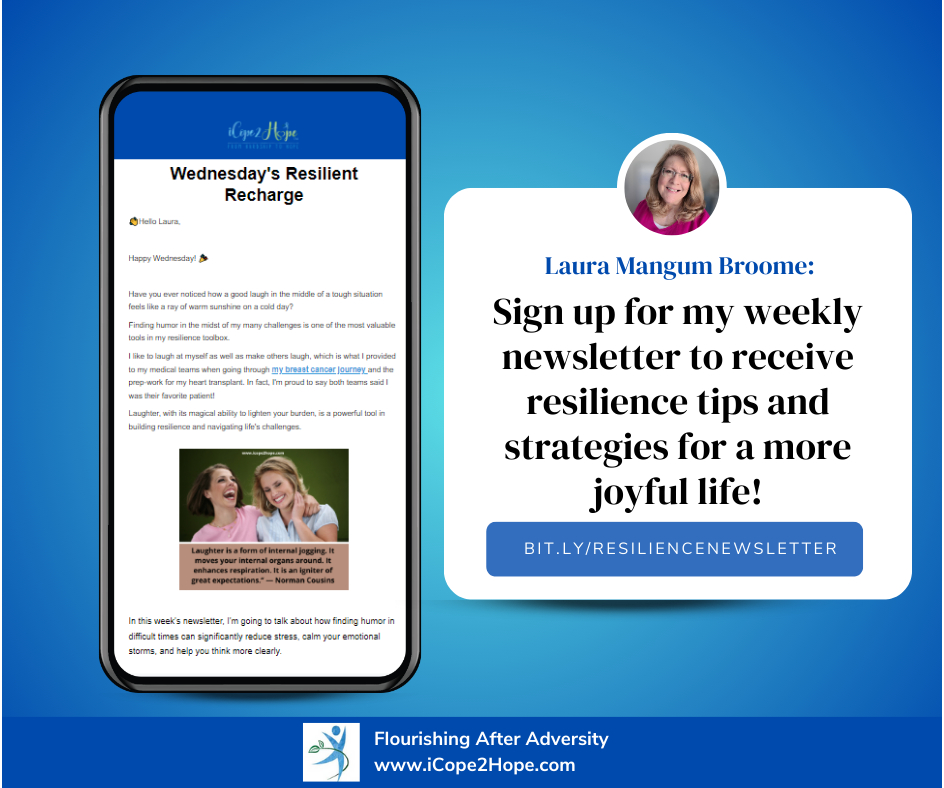Why Radical Acceptance Is The Key To Moving On After Adversity

Is There Life After Adversity?
Do you ever wonder why some people recover from hardship better than others?
I do. I'm fascinated by people who overcame adversity and moved on to do amazing things and enjoy life. How did they become victors instead of victims?
One of my favorite overcomers is Helen Keller who became blind and deaf at the age of 18 months in 1882 from an unknown illness.
Can you imagine being blind and deaf as a toddler? At less than two years old, you are in continuous darkness and silence. How do you communicate with people that you are hungry or thirsty or in pain? How do you understand what is going on around you? Do you ever feel helpless or hopeless not being able to see things around you or to hear sounds?
Helen Keller's Life
Helen didn't focus on her limitations. She was an intelligent, curious and adventurous child but her temper tantrums disrupted the family household. With the help of her teacher Anne Sullivan, Helen learned to get her tantrums under control.
Helen's accomplishments throughout her life were many. Here are a few of them:
- around the age of 7, Helen learned to finger spell the word "water" while her teacher pumped water into her hand. Helen now understood words had meaning. By the end of that day, Helen learned 30 words.
- Anne Sullivan first taught Helen to finger spell and by age 9 she was learning to speak and read lips.
- the first blind deaf person to earn a bachelor's degree - in 1904 Helen graduated with a Bachelor of Arts degree from Radcliffe College, Cambridge, MA
- author - published 12 books and numerous articles; her first book, an autobiography, "The Story of My Life" was published in 1903 at age 22
- world renowned speaker - between 1946-1957 she traveled around the world seven times and visited 35 countries giving motivational speeches;
- Wherever she traveled, Helen brought encouragement to millions of blind people, and many of the efforts to improve conditions for those with vision loss outside the United States can be traced directly to her visits.
- In 1999, TIME Magazine included Helen Keller in it's list of the 100 Most Influential People of the 20th century
"The marvelous richness of human experience would lose something of rewarding joy if there were no limitations to overcome. The hilltop hour would not be half so wonderful if there were no dark valleys to traverse." Helen Keller
Radical Acceptance: Not Allowing Pain to Turn Into Suffering
Radical acceptance is based on the concept that suffering doesn't come directly from pain but from one's attachment to the pain.
In other words, non-attachment is the important key to overcoming suffering. It means after going through the initial pain, accept reality for what it is and don't get caught up in the prolonged emotional reaction that turns pain into suffering.
Radical acceptance is applicable in situations in which you have no control over and that you feel the situation is unfair. It doesn't mean you agree with what's happening to you but that you accept reality so you can move on and discover options that are available to you.
Radical Acceptance of an Unexpected Divorce
Two months after my heart transplant during COVID, my husband left me for another woman. I certainly wasn't expecting a divorce after 27 years of marriage. We went through marriage counseling a year prior and were working on things or so I thought.
I wondered why it was so easy for him to move on so quickly. I was in shock. I was overwhelmed with everything that was involved in getting a divorce. How 27 years of marriage was terminated by a document with a case number which split our assets in half and signed by a judge. Poof! Finito. No more.
I felt betrayed, tossed aside, insignificant and damaged goods from my breast cancer and heart transplant.
I went through three of the five stages of grief: I skipped denial and bargaining and went straight to depression.
Through counseling I realized I grieved the institution of marriage, not him. Trust and integrity are very important in a relationship and it had eroded in ours.
Then depression turned into anger which was liberating and made acceptance easier.
After I accepted the reality that my marriage was over, it was time to look ahead and uncover opportunities for growth with my new life.
The Secret to Embracing Change
Embracing change is not easy but necessary if you don't want your pain to turn into suffering. Suffering prolongs unhappiness, bitterness, depression, helplessness, and hopelessness.
The secret to embracing change is to focus on what you have control over.
You always have control over three things: your thoughts, your words, and your actions.
When going through adversity, focus on what you CAN do, not what you can't. This will be a game changer in your life and will open your eyes to new opportunities for growth.
Within a year of my divorce, I was able to start a new business of helping others move past their adversity through teaching my resilience framework to transform hardship to hope and uncover opportunities to flourish in life like I am doing.
Now I am able to spend time volunteering in my community. I'm also revisiting hobbies I had to put aside for many years such as crocheting, embroidery, playing the piano and gathering with friends and family. Also, I'm compiling a bucket list of things to do and places to visit. I'm excited to have a few trips planned in the next year.
I never thought I'd go through a divorce two months after a heart transplant at age 58 but I did and survived both. From my pain I experienced positive growth and joy and it feels wonderful. All because I did not let my pain turn into suffering.
How You Can Practice Radical Acceptance
If you avoid your emotions when going through adversity instead of experiencing them then problems can arise such as anxiety, depression, addiction, and mental health concerns. If you experience these emotions, please seek professional help as soon as possible.
Radical acceptance isn't easy but it is a skill that improves with practice. When you acknowledge your pain then you can learn to experience joy and happiness again.
Here are some helpful tips to practice radical acceptance:
- When you find yourself in a situation that causes strong emotions, focus on deep breathing, acknowledge your thoughts, and let them pass.
- Say to yourself "Yes, this is unfair but there are things I have control over to change my situation." and make a list. Three things you always have control over are your thoughts, your words, and your actions.
- Be aware of how you are feeling with your body. Stress causes tension in your body so practice self-care daily. Make a list of healthy relaxation techniques to release tension such as exercise, yoga, massage, a bubble bath, hobbies, talking to a friend who makes you laugh, etc.
- Accept that life can be worthwhile even when experiencing pain.
- Create coping strategies to help you through difficult times. "When I remain rational I am better able to make good choices and solve problems."
- Make a plan of action of what you can do: I can't do ________ but I can do __________.
- Accept things and people as they are instead of how you want them to be.
- Keep a journal for self-reflection to understand your emotions.
- Check the facts and reality when you experience negative thoughts.
- See yourself as an observer of the situation instead of a participant.
- Practice mindfulness and living in the present, not in the past.
- Allow yourself to let go of the need to control your situation.
Radical Acceptance Brings New Opportunities
Radical acceptance is a conscious decision to see things as they are not what you want them to be. Instead of resisting the reality of your situation, it involves intentional acceptance of your situation and focusing on things within your control.
Adversity may cause doors to close but it also allows windows to open that offer beautiful views of new opportunities ahead.
How will you practice radical acceptance?
Daily Mantra: Hunt the good stuff, find the humor, keep positive, and focus on your blessings. God can bring good out of every situation!
Grab Your Free Guide!
The Reframe the Spiral: 5 Coping Strategies to Shift Negative Thoughts & Reclaim Your Day workbook walks you step-by-step through 5 proven mindset strategies to help you stop negative thoughts in their tracks and reconnect to your strength. You'll learn how to:
- Stop letting your inner critic lead your day
- Discover clarity despite chaos
- Calm intense emotions
- Rebuild your self-trust and confidence
- Create a plan for real possibility
Stay connected with news and updates!
Join our mailing list to receive the latest tips and proven coping strategies to strengthen your resilience. You CAN turn obstacles into opportunities and flourish in life.
We hate SPAM. We will never sell your information, for any reason.



